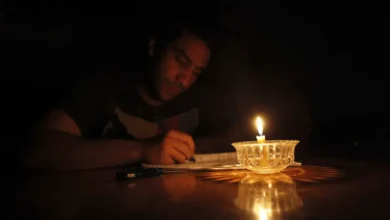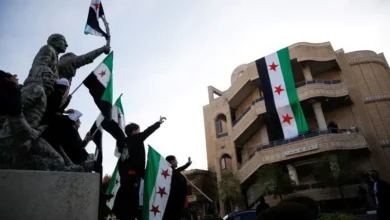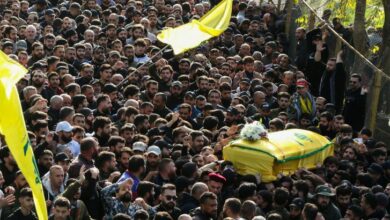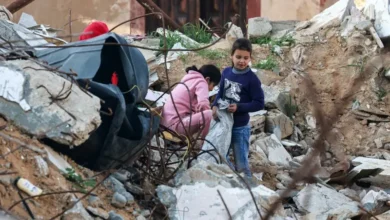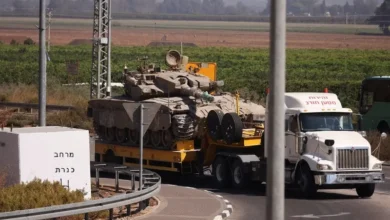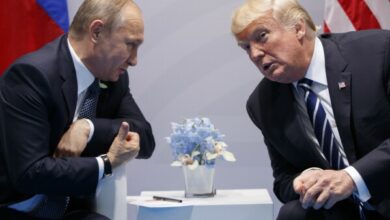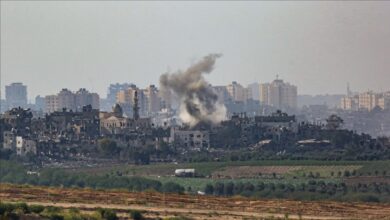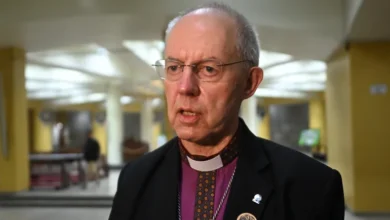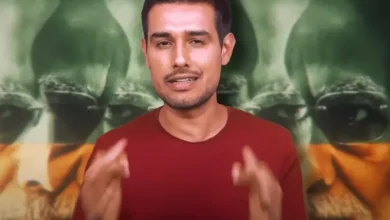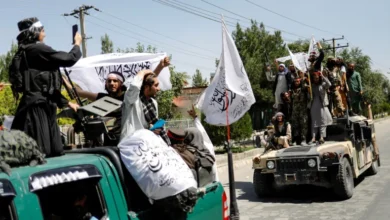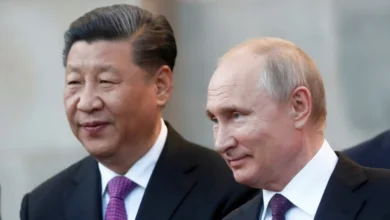‘They’re going to kill us’: Sudan’s army targets civilians on ethnic basis
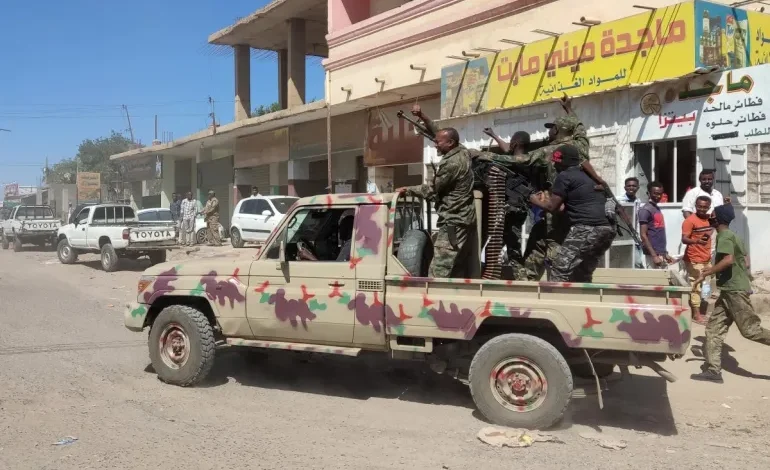
In December, Osman Arbab*, 24, and his younger brother were on a bus just outside Atbara, Sudan, when military intelligence stopped it and asked which of the passengers were from Darfur or Kordofan.
The two men are originally from Kordofan, even though they have not lived there for years, and found themselves bundled up with all the other young men on the bus who were from the two places.
The military intelligence officers told them all they were accused of spying for the Rapid Support Forces (RSF) paramilitary group and took them to a facility in Atbara in northeastern Sudan.
For six days, Arbab and his brother were beaten with sticks to try to extract confessions from them. They would be taken in together so each man could see and hear what was happening to his brother.
When the sticks did not work, their interrogators on day seven connected them to electric cables and started shocking them.
Arbab remembers watching his brother scream, helpless to do anything for him.
‘We’re not going to make it out’
“My brother [has diabetes], and I remember thinking that we’re not going to make it out of here,” Arbab told Al Jazeera.
“I was thinking: ‘My brother will die. … They’re going to kill us.’”
The army seems to be cracking down on people from regions where its rivals, the RSF, have some support, accusing them of being RSF “sleeper cells”.
The people taken in these dragnets across the country have been subjected to enforced disappearances and often torture, and little to no evidence against them is ever presented
The army seems to be cracking down on people from regions where its rivals, the RSF, have some support, accusing them of being RSF “sleeper cells”.
The people taken in these dragnets across the country have been subjected to enforced disappearances and often torture, and little to no evidence against them is ever presented
One of the soldiers was tied to a ladder and hung by his feet as crowds cheered for his execution, according to a video on social media that Al Jazeera verified. A photo of the aftermath shows the victim appeared to have been tortured to death. Local monitors and activists described the killing as a “crucifixion”.
Ethnic tension
“In South Kordofan, there has always been tension based on ethnic and tribal lines, even in the army,” said Hafiz Mohamad, a Sudanese researcher from South Kordofan.
Mohamad told Al Jazeera that in Sudan’s previous civil wars, it was Nuba soldiers and civilians who were accused of collaborating with mainly “non-Arab” rebel groups. Now, things have changed and “Arabs” are being targeted.
Ethnic tensions are soaring across northern and eastern Sudan, too.
On December 16, the army withdrew from Sudan’s second-largest city, Wad Madani after the RSF captured it.
Mohamad Osman, Sudan researcher for Human Rights Watch (HRW), told Al Jazeera that the army’s decision to arm civilians could lead to more ethnic-based killings.
He said the army is fuelling ethnic divisions to drive recruitment, giving the RSF a pretext to retaliate along ethnic lines as it has done in Darfur. On Friday, videos surfacing across social media showed RSF fighters detaining and killing unarmed men in Gezira state, which they captured entirely after seizing Wad Madani, its capital, last month.
Many of the victims were reportedly accused of cooperating with the army.
“Who is a civilian and who is a combatant is going to become blurry,” Osman told Al Jazeera. “And involving civilians as combatants … will help the discourse of the RSF when they claim that they don’t attack civilians but fighters.”
Counterproductive
In the early 2000s, thousands of people fled Darfur to northern and eastern states. At the time, “Arab” tribal militias – which were supported by the army and later repackaged as the RSF – targeted civilians based on ethnicity.
According to HRW, they committed summary executions against “non-Arabs” and burned their villages to the ground, often assuming they supported rebel groups. Two decades later, the army is accusing survivors of these attacks of supporting the RSF.
Muzan Mabrooka*, a young woman from a “non-Arab” tribe in Darfur, said she and her male colleague were arrested and accused of being RSF spies in June.
They were stopped in Gadarif, a state in eastern Sudan, and taken to a detention centre and interrogated. Her male colleague was severely beaten, Mabrooka said.
